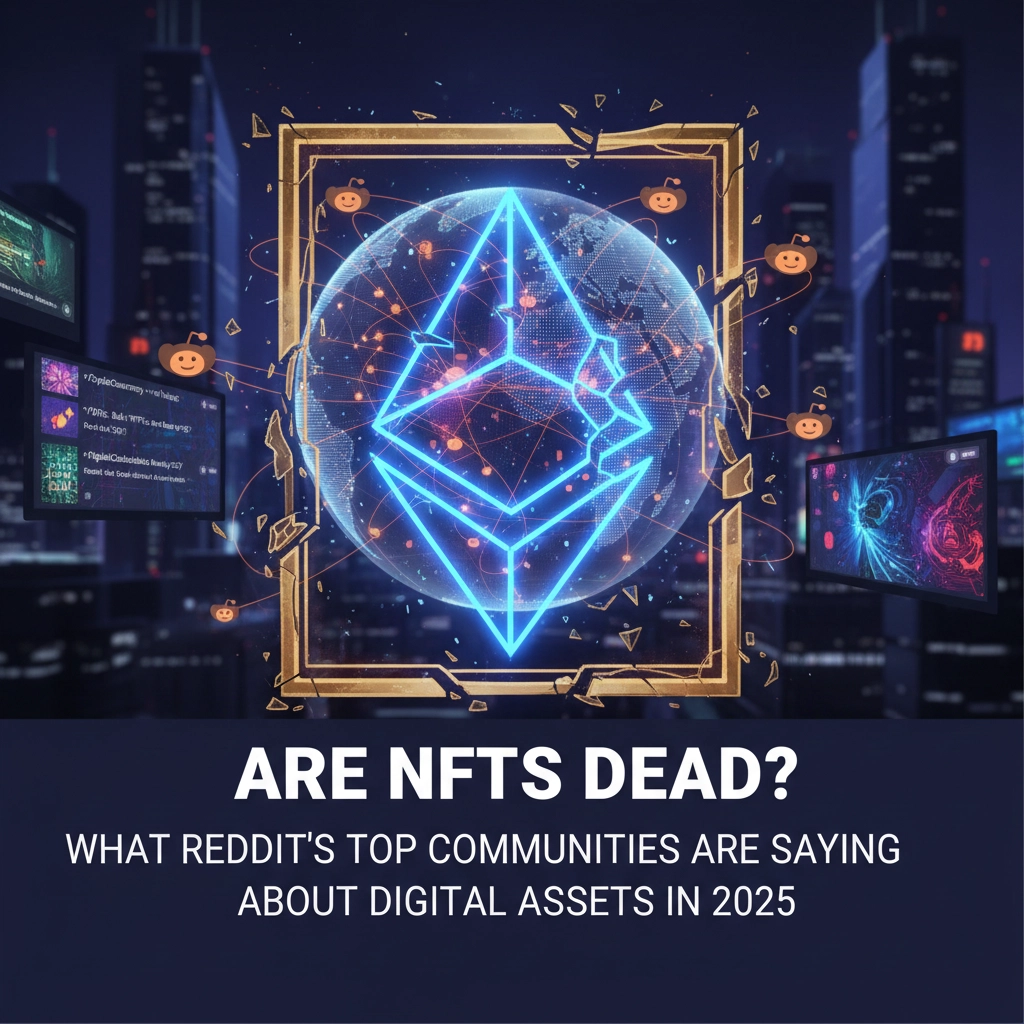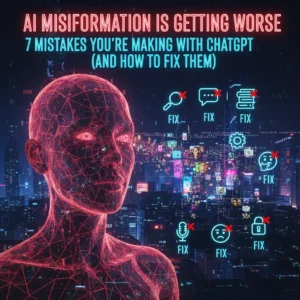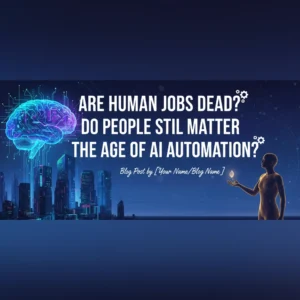Remember when your coworker wouldn't shut up about their Bored Ape NFT? When every other post on your feed was someone flexing their $10,000 digital monkey? Yeah, those days are gone. But here's the twist – NFTs aren't actually dead.
The hype died. The market matured. And honestly? That's the best thing that could've happened.
The Numbers Don't Lie – Market Reality Check
Let's cut through the noise with some cold, hard facts. The NFT market hit $34.1 billion globally in 2025. Not exactly dead money, right?
But here's where it gets interesting. Sales in the first half of 2025 reached $2.8 billion – only a 4.6% drop from the previous period. Meanwhile, the number of transactions jumped by 78%. What does this tell us? More people are buying NFTs, but they're not throwing stupid money around anymore.

The average NFT sale price has settled around $940. Compare that to the peak madness of 2021 when people were dropping six figures on pixelated rocks. The market found its equilibrium.
Gaming now dominates with 38% of all NFT activity, while digital art holds steady at 21%. These aren't speculative bubbles – they're actual use cases where people see real value.
What Reddit's Behavior Actually Shows Us
While r/NFT and r/cryptocurrency aren't flooded with "to the moon" posts anymore, the conversation has shifted to something way more interesting – utility.
Browse through these communities today and you'll find discussions about:
- Gaming integration – People actually using NFT weapons and skins across different games
- Music NFTs – Artists building direct relationships with fans (that $520 million in music NFT revenue didn't come from nowhere)
- Event tickets – No more getting scammed by fake tickets on StubHub
- Carbon credits – Boring but necessary environmental tracking
The moonboy energy is gone, replaced by builders and users who care about what these things can actually do.
My buddy Jake used to post screenshots of his NFT portfolio daily. Now? He's using NFTs to authenticate sneaker purchases and couldn't care less about floor prices. That shift from speculation to utility? That's happening everywhere.
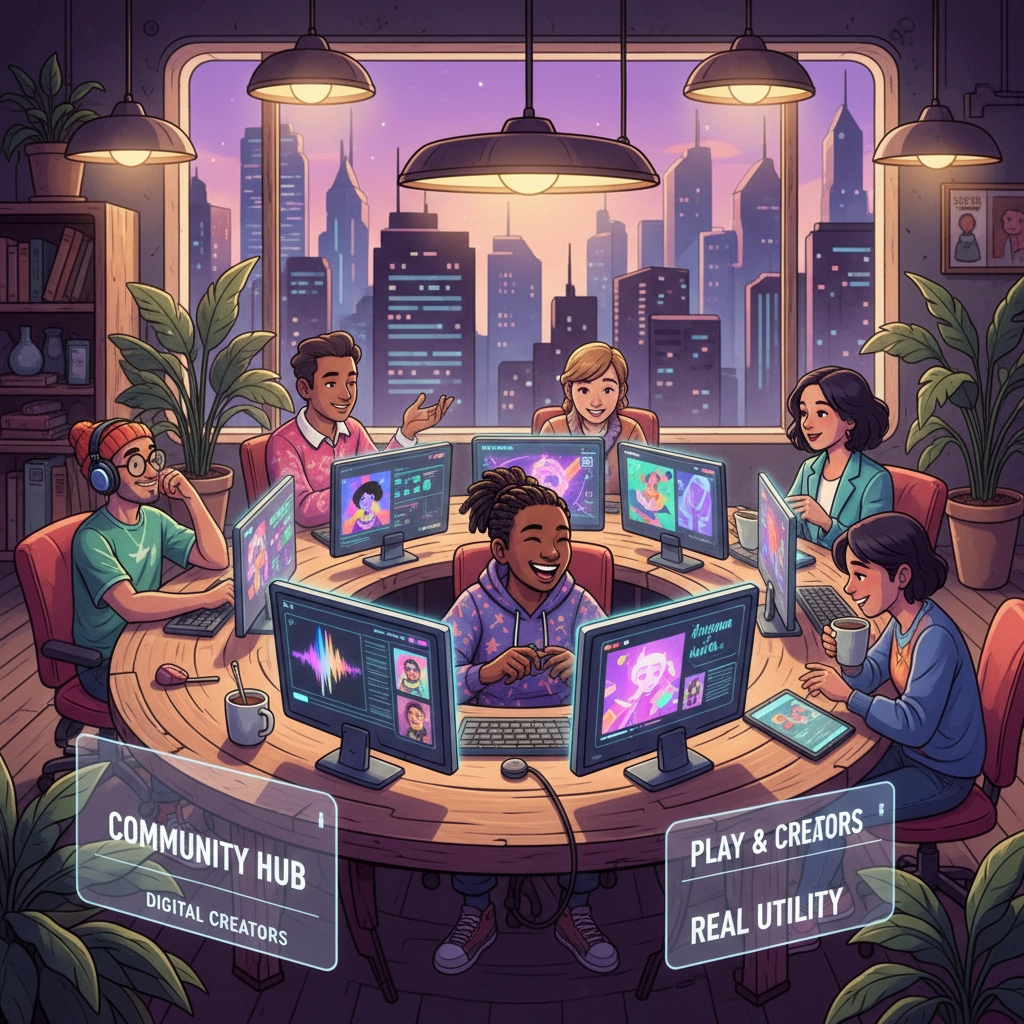
From Moonboy Dreams to Real-World Use Cases
The most telling change isn't in the price charts – it's in what people are actually doing with NFTs.
Real-world adoption is exploding across industries:
- Airlines are testing NFT boarding passes that can't be counterfeited
- Real estate companies use NFTs for property certificates ($1.4 billion market, 32% growth)
- Concert venues issue NFT tickets that come with exclusive perks
- Small businesses use them for loyalty programs that actually work
- Supply chain companies track products from factory to shelf
Gaming remains the killer app. Millions of people already buy digital items in games. NFTs just make those purchases portable across platforms. When you can take your $50 sword skin from one game to another, suddenly the technology makes sense.
The numbers back this up. Over 80% of NFT creators now use royalty-enforcing smart contracts. Translation? This isn't about quick flips anymore – it's about building sustainable creative economies.
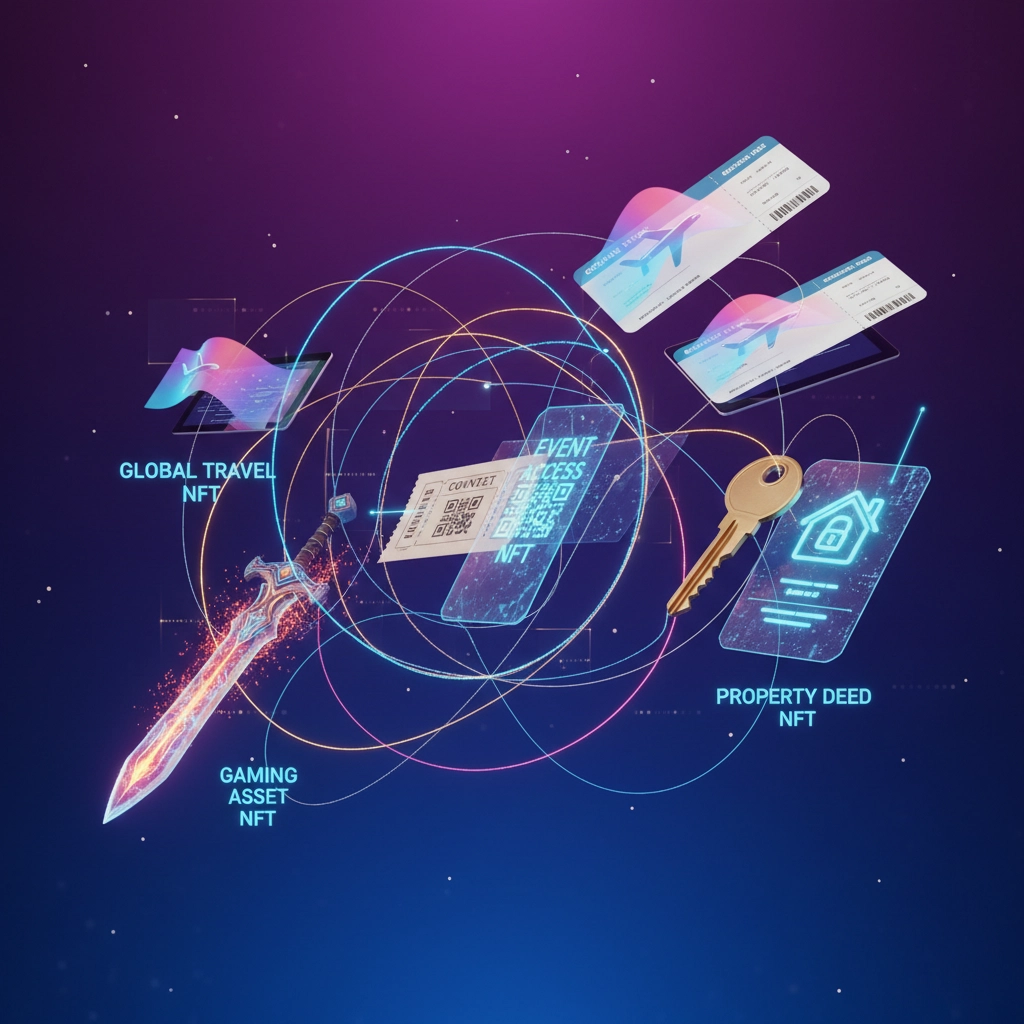
The Verdict from the Trenches
So are NFTs dead? Ask the 41% of global NFT activity happening in the US. Ask the Southeast Asian users sending remittances through NFT platforms. Ask the 140+ blockchain startups in Singapore focused on NFT development.
The speculation died. The infrastructure got better. The use cases got clearer.
Even AI is getting into the mix. AI-generated art NFTs are creating new revenue streams for artists. Customizable AI avatars are becoming the new profile pictures. Digital identity solutions are replacing traditional passwords.
The market is projecting growth to $247 billion by 2029. That's a 41.9% annual growth rate – built on utility, not hype.
Here's what's really happening: NFTs shed their speculative skin and became what they were supposed to be all along – a technology for proving digital ownership. Not revolutionary. Not game-changing. Just useful.
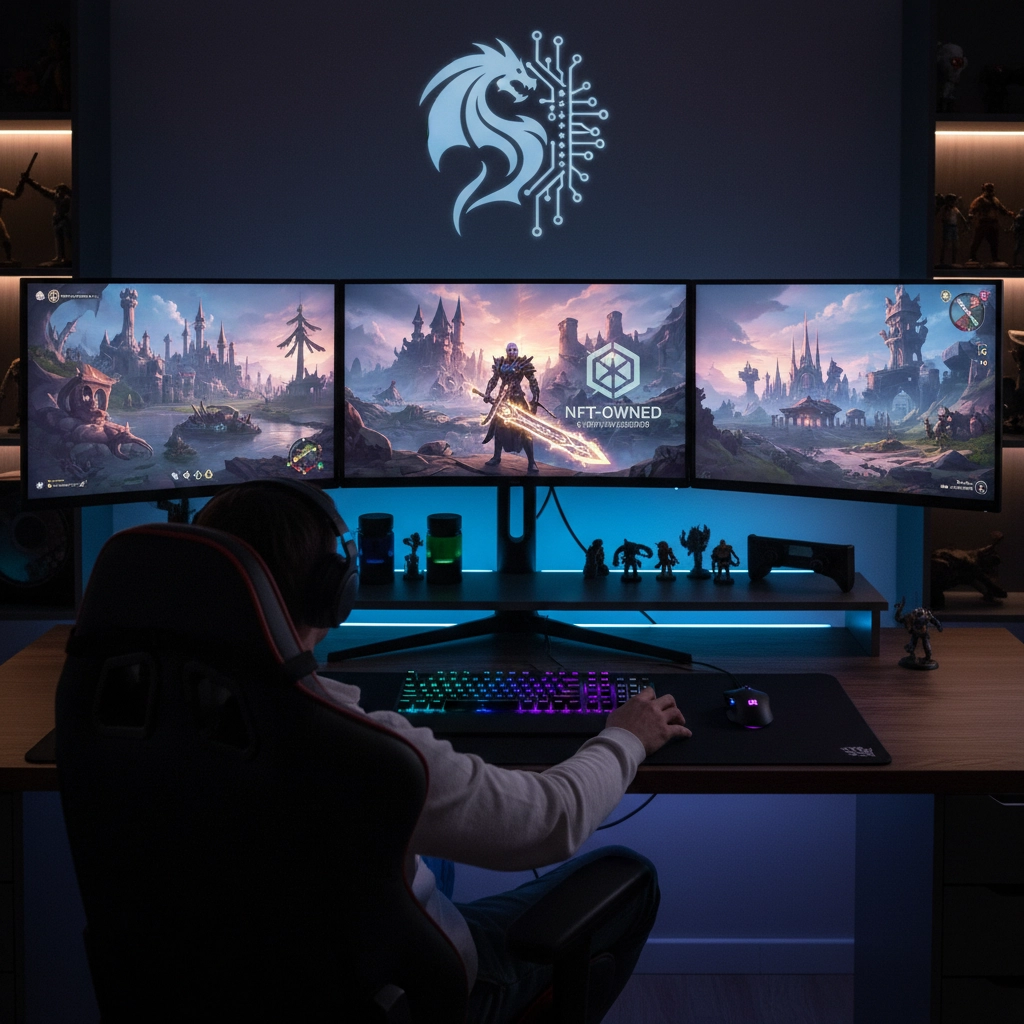
The communities that survived the crash? They're the ones building real things for real people. They're not posting rocket ship emojis. They're solving actual problems.
The question isn't whether NFTs are dead. The question is: now that the circus has left town, what are you going to build with the infrastructure that's left behind?

